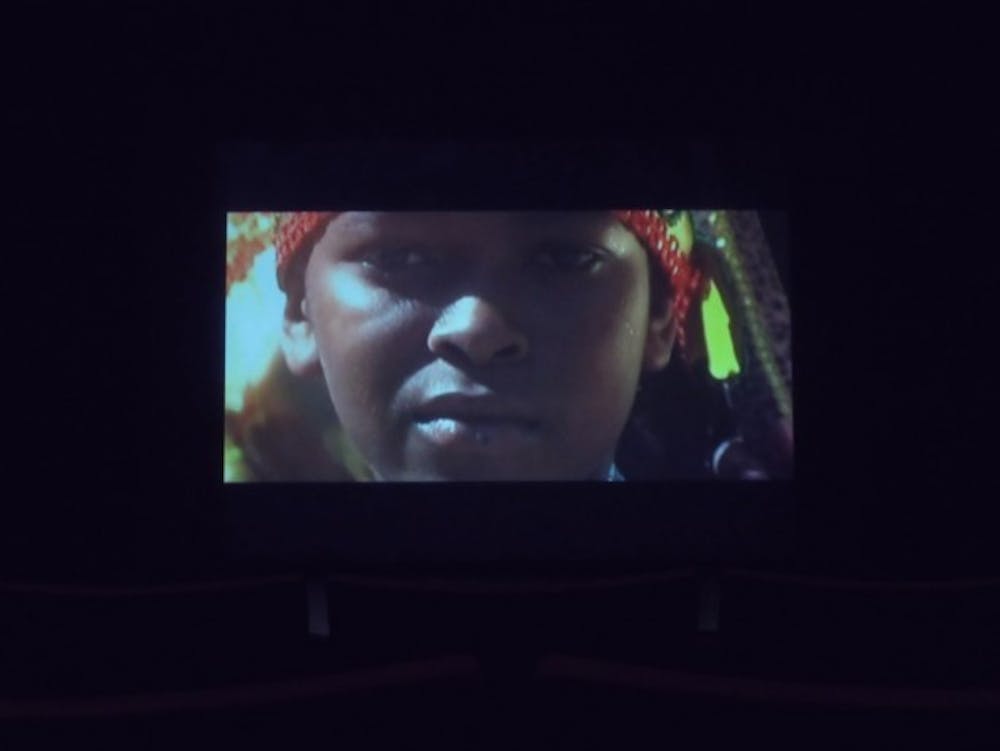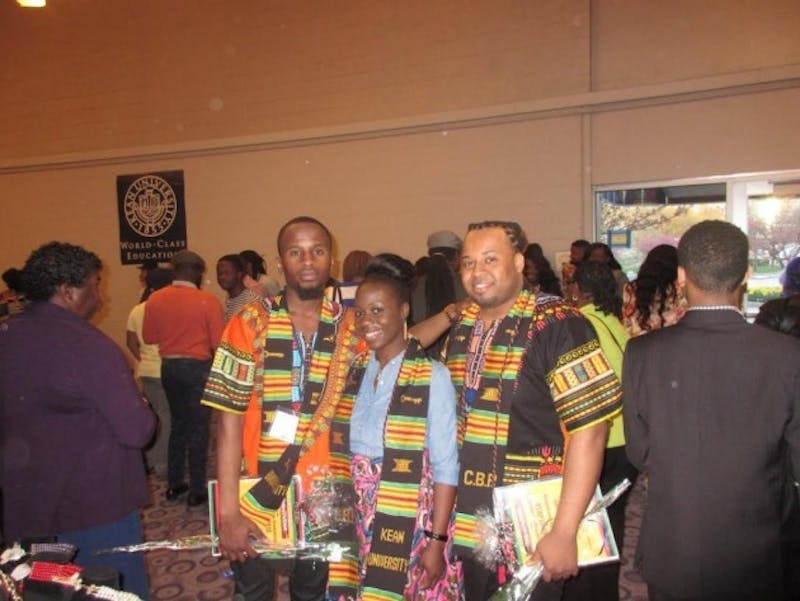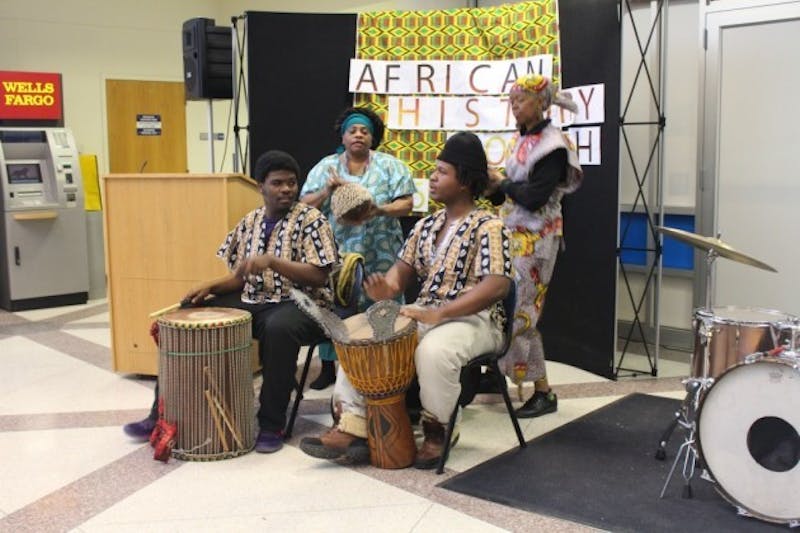Kean University screens 500 years later
On Tuesday, February 16, 2016, as a part of African American History Month, the Office of Africana Studies screened the documentary 500 Years Later. 500 Years Later is a critically acclaimed multi-award winning documentary filmed in five continents.
Written by M.K. Asante Jr. and directed by Owen ‘Alik Shahadah, it is a poignant and compelling account of African-American experience throughout time. It includes ideas on all of the following concepts: slavery, civil rights movement, colonialism, crime, drugs, HIV/AIDS, poor education, self-hatred, inferiority complex, low expectation, poverty, corruption, poor health, prison system, broken homes, and underdevelopment.
The film illuminates the challenges of continental Africans and that of the Diaspora. Exploring both demographics in their entirety, it looks at history from an African perspective and chronicles the struggles that still persist today. The film is separated into various chapters that focus on new information with every frame.
Each chapter of the film is framed around a dialogue between laymen, scholars and philosophers. James Conyers, director of the Office of Africana Studies, states “the important thing is to incite understanding and dialogue because there are a lot of things going on right now for which there is no dialogue.”
By using conversations to separate these very delicate topics, the film is fluid but thorough. Those involved in the discussions are renowned and articulate thinkers that make the conversations intellectual but also introduce genuine reflections about the African-American experience.
The African-American experience is a very complex indefinable concept. There is no aspect of contemporary life that is untouched by African-American history. That perpetual exploitation in itself has countless implications for modern experiences. While significantly oppressed throughout time, the African spirit was not discouraged into total resignation.
Shaykh Muhammad Shareef, creator of Sankore Institute of Islamic African Studies rectifies a popular misconception. He states, “Africans never gave up....they did not acquiesce to slavery, in fact, they fought at every turn. So the modern concept of freedom comes from that African resistance” Their persistence in that regard speaks to the strength and resilience of the African American people.
Aptly, the first subject explored was the transatlantic slave trade. What distinguishes African American slavery from any other form of genocide or holocaust is the idea of the forced migration of innumerable people. Anthony Carter, affectionately known as the Mighty Gabby, is a Barbadian calypsonian and the cultural ambassador for Barbados. He was featured as a speaker within the film, stating, “...how do you make a person a slave? You take away their language, their music, their religion ....and give them yours.” Slavery was a time when African Americans were subjugated, humiliated, robbed and degraded to the level of cattle. The film begins by depicting those who died due to diseases, famine, and social dislocation aboard ships that took them to Europe in order to build empires.
Dr. Kimani Nehusi, African historian, states, “To take somebody away by force; away from their community; is one of the most savage acts you could think about doing. And we can't forget that.” That point in history alone has left a far reaching legacy.
Following emancipation, African Americans were displaced, recovering from ineffably traumatic times, combating compounding inequalities and attempting to re-establish everything. This made it next to impossible to have a remotely successful life subsequent to their liberation. Movements like the Civil Rights made substantial strides toward that recovery, however, African American life has never fully recuperated.
The documentary moves on to address the ways in which it still has yet to recover. It presents the position of the African Diaspora, 500 years following slavery. Currently, the consequences of African history still plague the lives of people of African descent globally. Particularly in America, Africans are still struggling for freedom. This is mostly due to the fact that while African Americans were rebuilding, the nature of oppression was changing. While the African American population was working toward re-establishment, the form of oppression became increasing methodical, psychological and systemic in nature. While society has come a long way in terms of equality, African American population must now combat the effects of their history along with this mutated oppression.
There are three distinct concepts identified in the film as critical to the African-American population combating the contemporary issues that still persist today: knowing history, education and mental liberation. With regard to history, knowledge is necessary for power and for action. James Conyers, director of Africana Studies, states “...I for one is going to talk about these issues and continue to educate any and everyone who will listen.”
Beyond that, the film identifies education as essential to any growth and progression, discussing the need for education or re-education of Africans with regard to their history. Most importantly among them is that of mental liberation. Psychological effects are often the most challenging because people can be unaware of them, and no one can win a battle that they don’t even know they’re fighting.
Everyday there are instances wherein black history has somehow impacted this contemporary moment. Recognizing the presence of the African culture is essential to understanding America’s identity. Ultimately, the goal is for society to transcend the definitions of color and nationality. This begins with embracing the beauty of differences and appreciating history. After all, history tells us where we’ve been but how we learn from it tells us where we’re going.






